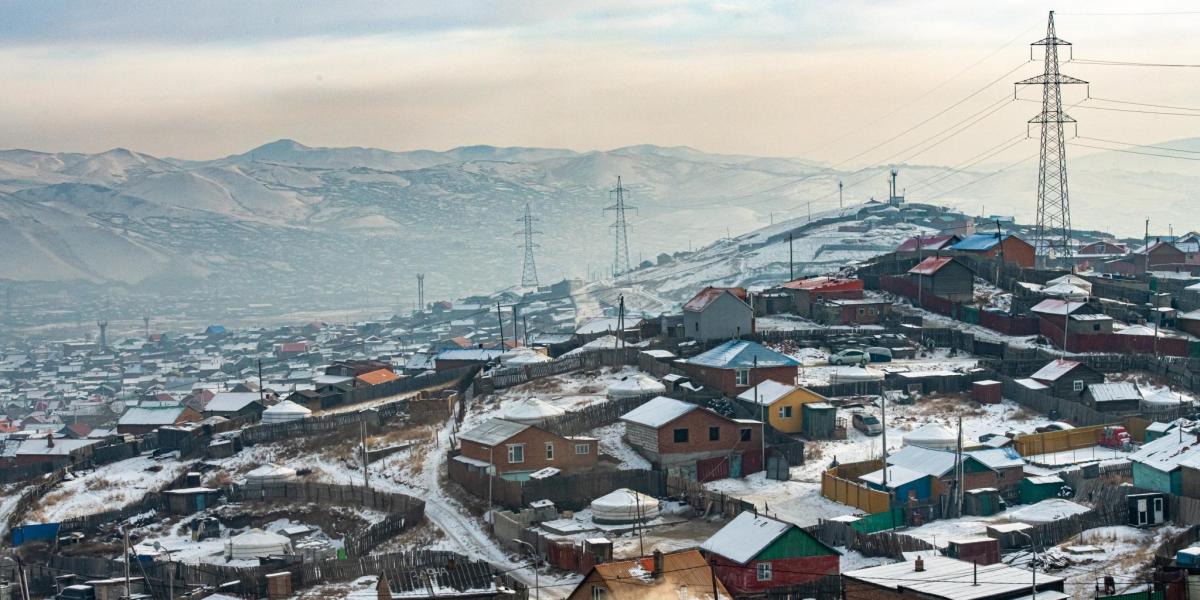Supporting Cambodia and Thailand's Pandemic-affected Areas
The COVID-19 pandemic created a crisis for communities around the world. In tourist hubs and border towns of Cambodia and Thailand, families were particularly hard hit, struggling to survive amid travel restrictions and economic downturns. To address this crisis, ADB tapped local-based civil society organization Mith Samlanh to implement a project which provided support and assistance to these communities.










